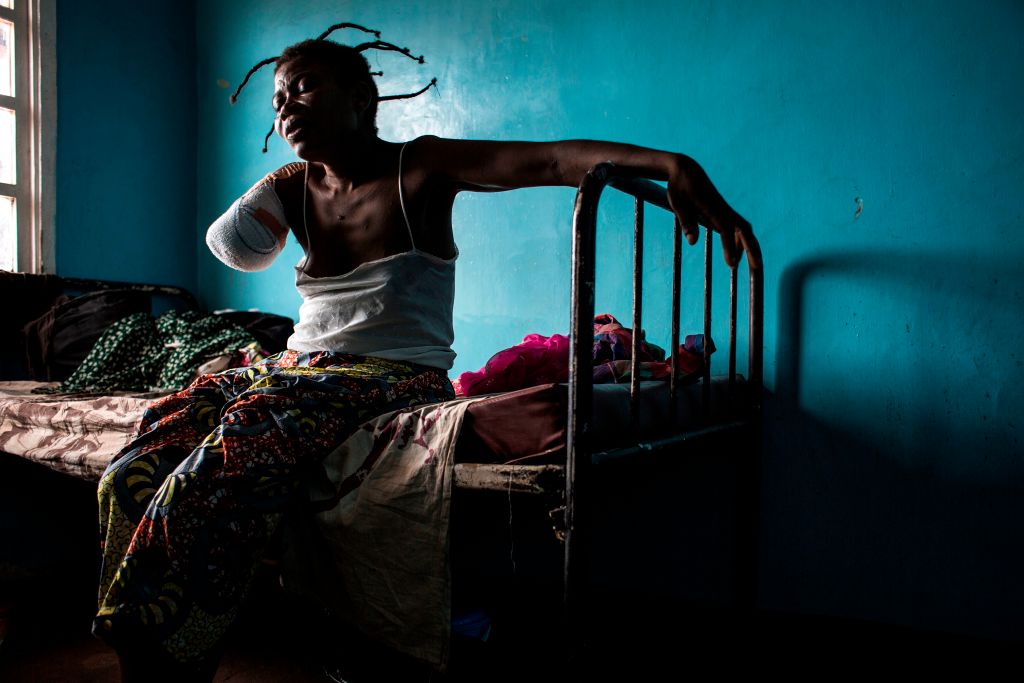U.N. sounds the alarm over 13 million in need of humanitarian aid in the Democratic Republic of Congo


A free daily email with the biggest news stories of the day – and the best features from TheWeek.com
You are now subscribed
Your newsletter sign-up was successful
The Democratic Republic of Congo is facing a humanitarian crisis — and it is rapidly worsening.
Increased political turmoil has led to spikes in violence and millions of displaced people in the nation. Now, more than 13 million Congolese are in dire need of humanitarian aid, reports The Guardian — twice as many as in 2017. Food insecurity has increased 30 percent since last year, and more than 5 million people have been displaced by violent clashes between repressive government militia and rebel groups, the U.N. reports.
The DRC's president, Joseph Kabila, did not leave office when his term ended in December 2016, and protests calling for him to step down have ended in violence. Political unrest, combined with tensions between ethnic groups, have led many to fear that the DRC is on the brink of another civil war, less than two decades after a war that killed 5 million people, The Guardian reports.
The Week
Escape your echo chamber. Get the facts behind the news, plus analysis from multiple perspectives.

Sign up for The Week's Free Newsletters
From our morning news briefing to a weekly Good News Newsletter, get the best of The Week delivered directly to your inbox.
From our morning news briefing to a weekly Good News Newsletter, get the best of The Week delivered directly to your inbox.
Humanitarian groups working in accessible regions say that sexual violence has also spiked. Doctors Without Borders — known in the DRC as Médecins Sans Frontières — says that wherever violence appears, systemic rape follows, and the organization has recorded twice as many incidents of sexual violence this year compared to the first three months of 2017.
The volatile situation is a complicated one, and Reuters reports that the Congolese have little faith that the upcoming election to replace Kabila will help. Read more at The Guardian.
A free daily email with the biggest news stories of the day – and the best features from TheWeek.com
Summer Meza has worked at The Week since 2018, serving as a staff writer, a news writer and currently the deputy editor. As a proud news generalist, she edits everything from political punditry and science news to personal finance advice and film reviews. Summer has previously written for Newsweek and the Seattle Post-Intelligencer, covering national politics, transportation and the cannabis industry.
